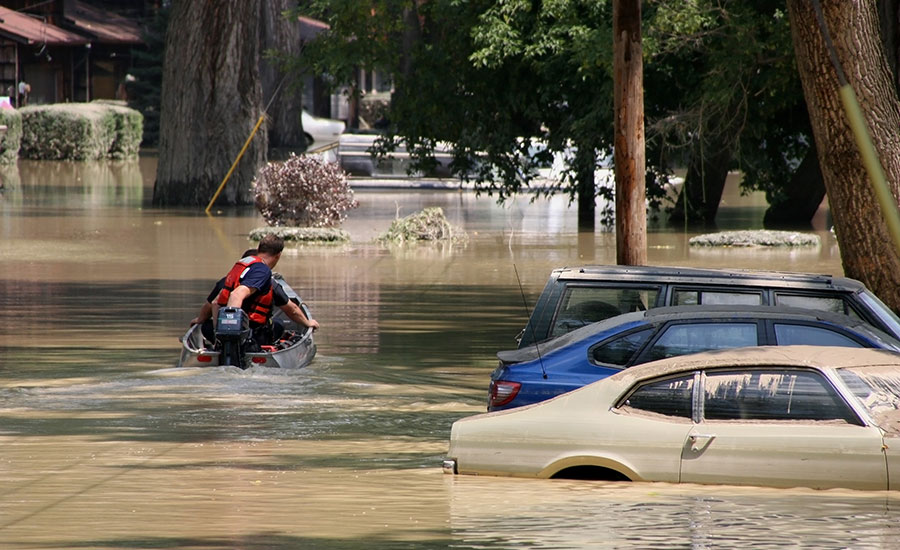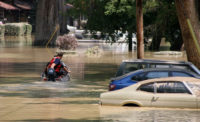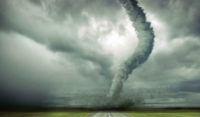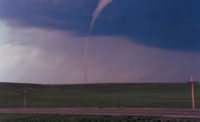Poll Reveals Americans' Lack of Preparedness for Natural Disasters

“More Americans expect that a major disaster will impact them or their family than in previous years, but we’ve not seen an increase in household emergency planning alongside this awareness,” said Nicolette Louissaint, Ph.D., executive director of Healthcare Ready. “For the fourth year in a row, this poll reveals a gap in preparedness at an individual level and emphasizes the need to improve readiness to ensure residents are prepared for the disasters that will inevitably come.”
The potential impact of this gap in individual preparedness is compounded by the fact that over three in ten Americans (31%) feel their state and local government are well-resourced and prepared to support them during an emergency, while nearly four in ten (38%) say the same of their local community organizations. Since this may not always be true, and all disasters are local, these findings shed light on the need to develop tailored, local preparedness efforts and consider community vulnerabilities in planning.
The research found:
- Thirty-seven percent of Americans can go a week or less without their medications or medical devices before facing a medical crisis.
- Only 40% of Americans could list all their prescription details, including dosage and prescribing doctor, if they had to evacuate their homes without their medications or medical supplies, up from 2018 (35%).
- Thirty-eight percent of Americans feel the federal government lacks appropriate funding for disaster response and recovery, an increase from 31% in May 2017.
“In the past two years, we’ve experienced unprecedented disasters, including wildfires, floods and hurricanes, which severely impacted communities across the country,” continued Dr. Louissaint. “As the harsh realities of disaster become clearer and more frequent than ever before, we must use these learnings to pinpoint the most pressing needs within our communities ahead of time. The data shows how little time most Americans have before they face a medical crisis. This critical time should be spent implementing effective response and recovery protocols that can address dire medical needs we will see during a crisis.”
Healthcare Ready offers the following tips to help ensure more communities can prioritize preparedness:
- Bookmark resources to know the status of pharmacies and other healthcare resources during a crisis. Healthcare Ready’s Rx Open tool can help patents find open, nearby pharmacies at https://www.healthcareready.org/rxopen or https://www.rxopen.org.
- Discuss evacuation plans, meeting points and support for family members and neighbors, especially the medically fragile, who may need help.
- Talk to healthcare providers about specific preparedness actions to take to manage health conditions (including chronic conditions) during a disaster.
- Keep a written list of prescriptions, including dosage information, in a safe space. Healthcare Ready has a free printable card at healthcareready.org/rx-on-the-run.
- Prepare an emergency kit with food, water, flashlights, batteries, blankets, clothing and medical supplies for either sheltering-in-place, or if evacuation is necessary.
Looking for a reprint of this article?
From high-res PDFs to custom plaques, order your copy today!





